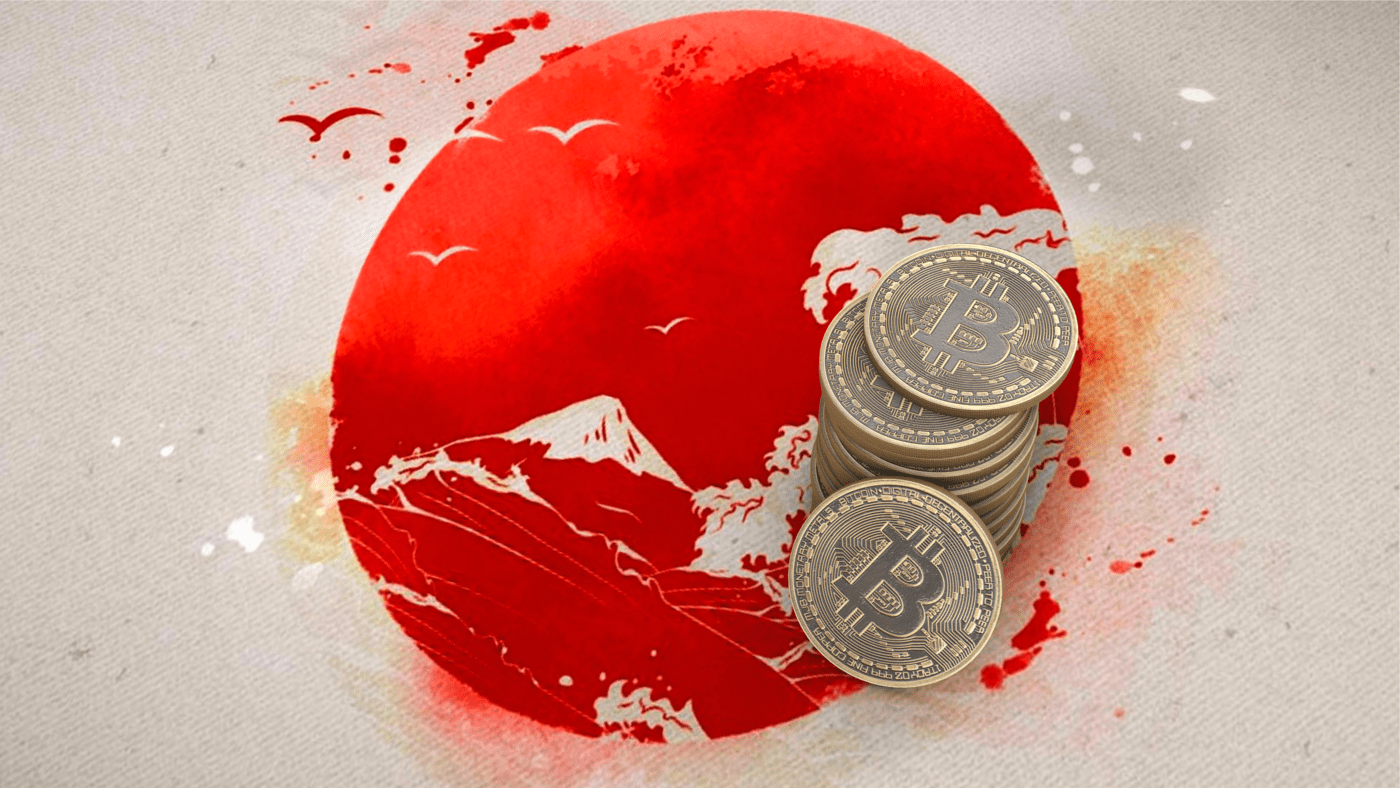Japan stands as a beacon of Bitcoin innovation and regulatory progression, significantly influencing the cryptocurrency sphere both locally and globally. With a keen emphasis on technological advancement and a forward-thinking regulatory stance, Japan has solidified its position as a key player in the Bitcoin industry. This article delves into the nuances of Bitcoin in Japan, exploring its adoption, regulatory framework, taxation, and groundbreaking blockchain initiatives.
Bitcoin Adoption in Japan: Trailblazing in the Cryptosphere
Early Adoption and Influential Exchanges:
- Japan’s early adoption of Bitcoin, marked by the establishment of the world’s first major Bitcoin exchange, Mt. Gox, in Tokyo, catapulted the nation to the forefront of the cryptocurrency trade.
- Despite the infamous collapse of Mt. Gox, Japan’s relentless pursuit of Bitcoin innovation continued, fostering widespread acceptance and integration of the digital currency.
Government Endorsement and Fintech Evolution:
- In a landmark move in 2016, the Japanese government granted Bitcoin legal status as “real money,” catalyzing its acceptance across various sectors.
- The country’s embracing stance toward fintech has cultivated a fertile ground for blockchain and cryptocurrency advancements, further propelling Bitcoin’s integration into Japan’s financial ecosystem.
Regulatory Landscape: Ensuring Security and Transparency
Responses to Security Breaches:
- High-profile incidents like the Mt. Gox and Coincheck hacks spurred the Japanese Financial Service Agency (FSA) to implement robust regulations, enhancing exchange security and investor protection.
- Under the revised Payment Services Act, crypto exchanges must register with the FSA, adhering to rigorous security and compliance standards.
Self-Regulation and Collaborative Governance:
- The Japan Virtual and Crypto Assets Exchange Association exemplifies the industry’s commitment to self-regulation, promoting transparency and best practices among Japanese crypto exchanges.
- This collaborative approach between regulators and the crypto sector plays a pivotal role in maintaining a secure and resilient cryptocurrency environment in Japan.
Bitcoin Taxation in Japan: Clarity and Compliance
Taxation Framework:
- The National Tax Agency’s guidelines articulate the tax obligations for Bitcoin gains, categorizing them as income and outlining specific tax rates based on individual earnings.
- While Bitcoin transactions escape consumption tax, investment losses in Bitcoin are not deductible, emphasizing the need for prudent financial management.
Notable Blockchain Projects: Leading Innovation and Application
Chubu Electric Power Company:
- Leveraging Bitcoin’s Lightning Network, Chubu Electric Power Company is revolutionizing utility bill payments, showcasing the practical applications of blockchain technology in traditional industries.
GMO Internet Group’s Technological Contributions:
- GMO Internet Group’s launch of the advanced Bitcoin ASIC miner, the B3, underscores Japan’s active participation in cryptocurrency mining and innovation.
SBI Holdings’ Crypto Ventures:
- With the establishment of VCTRADE, a bank-backed crypto trading platform, SBI Holdings is at the forefront of integrating banking with blockchain, facilitating secure and regulated crypto trading in Japan.
For enthusiasts and investors in Japan keen on exploring Bitcoin, Coinmama offers a streamlined platform for purchasing Bitcoin and other cryptocurrencies. Engage in the digital asset space with ease and confidence through Coinmama, where you can buy BTC and a diverse array of cryptocurrencies using Japanese yen, ensuring a secure and efficient entry into the realm of digital currencies. Whether you’re taking your first steps or expanding your portfolio, Coinmama serves as your trusted gateway to the dynamic world of cryptocurrencies in Japan.



